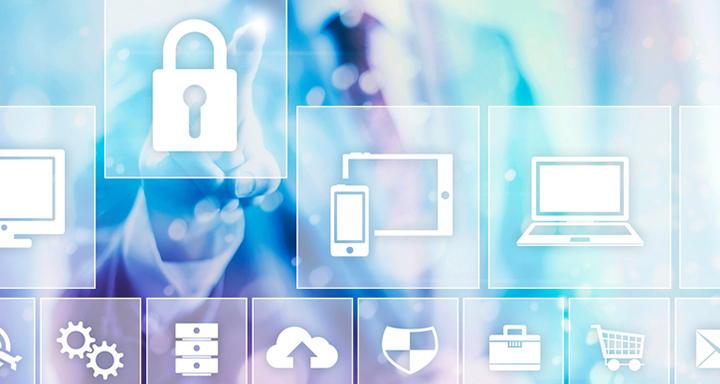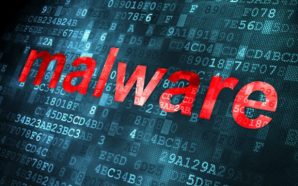Introduction
Nowadays, the major issue that threatens IT security in the majority of small and medium-sized enterprises (SMEs), funny enough, isn’t computer hackers anymore but instead comes from the staff working in those enterprises. It’s not that they do it knowingly, however, but rather in a more ignorant fashion. From accidental emails that contain private information regarding clients being sent to external sources, a staff, for example a cashier helplessly letting client credit info be advertised on public computers, to deletion of crucial files out of the company’s system by a manager, for example, cyber security has become more helpless in the hands of any staff who has access to it.
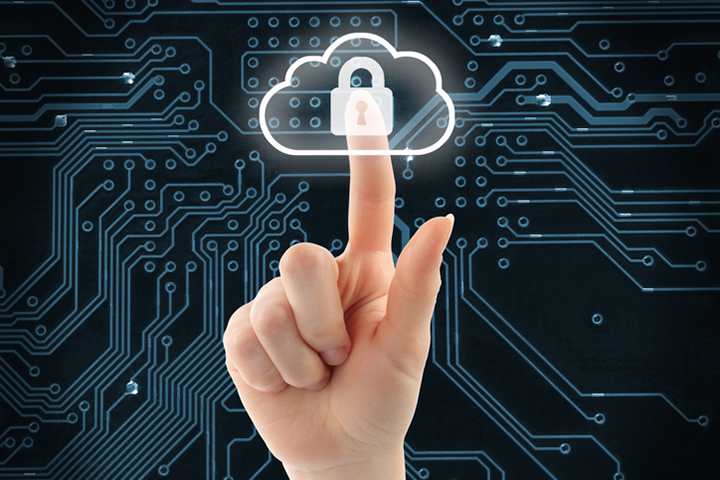
Source: Thinkstock/rvlsoft
Downloaded Breaches
This type of breach in particular, actively caused by malware, wreaks a lot of havoc in any company, which can result in a weakened state of network security. The malware itself downloads large amounts of crucial data and can come in the form of the tiniest computer viruses, to the more common Trojan horses in the systems. According to surveys, more of such IT security inconveniences are the result of individual employees, and it’s very rare to see an SME take actionable steps until it’s all too late.
As a matter of fact, no company has ever invested totally in IT security, with the focus often being directed at handling lip services. Couple this with the sort of computer revolution that allows workers and staff to work remotely off the grounds of the company, along with wireless computing technology, and what you have is a potential cyber security problem of greater intensity, affecting all entrepreneurs. Regardless of all those shortcomings, network security need not be an issue that is as irregular as you may think it is. With that realization, one can take decisive, actionable steps, which should include scheduled evaluation of every security protocol, in a bid to harmonize IT security and your strategy in business.
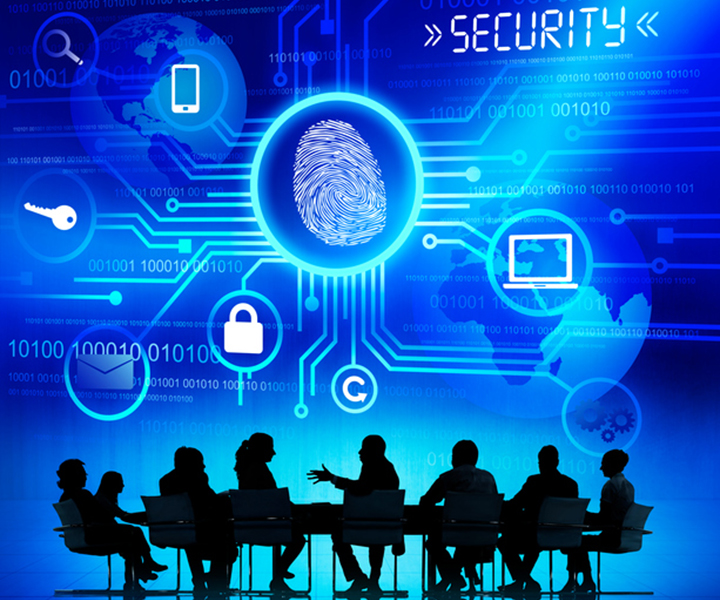
Source: Thinkstock/Rawpixel Ltd
Guidelines to safeguard IT security
First of all, data backup needs to be a top priority if you are looking to enhance your company’s network security. Here, you need to make a daily backup of all the data that is critical after you have centralized it from the servers. For the important data, you should perform a semi-regular back up after centralizing it onto your servers. In the case of desktop security, you should make sure that your computers have antivirus applications, security policies for installation of new programs should be put across, secure passwords regularly changed should be generated, and all of the company computers need be installed with the recent security patches and system overhaul.
Furthermore, you should ascertain that your staff is well familiarized with the company’s security policy while making sure that a policy that affirms proper ICT use is established. Perfectly established privacy agreements for both your vendors and contractors should be in place, as well as a clearly defined privacy policy. Another guideline that needs to be kept in check entails network and internet security. Concurrently, all internet connections should be directly connected to firewall detectors, and in the case of remote access, virtual private network connections should be established.
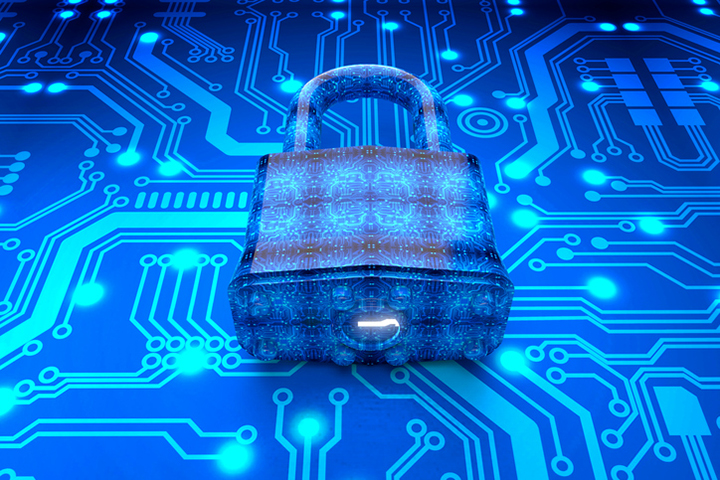
Source: Thinkstock/the-lightwriter
Wireless computing in itself should be secured and all connections to it, be verified and known. For an enhanced privacy of all your consumer information, financial and all, encryption is a must, but access should be granted to those who need it at any given time. If all the material is tangible, it must be kept under lock and key in filing cabinets, all of which have access that is managed and controlled. Conclusively, a regular audit of all these guidelines must be done, in a bid to ascertain everything is working flawlessly throughout.
Sourced from: bdc
Featured Image: Thinkstock/Mikko Lemola



